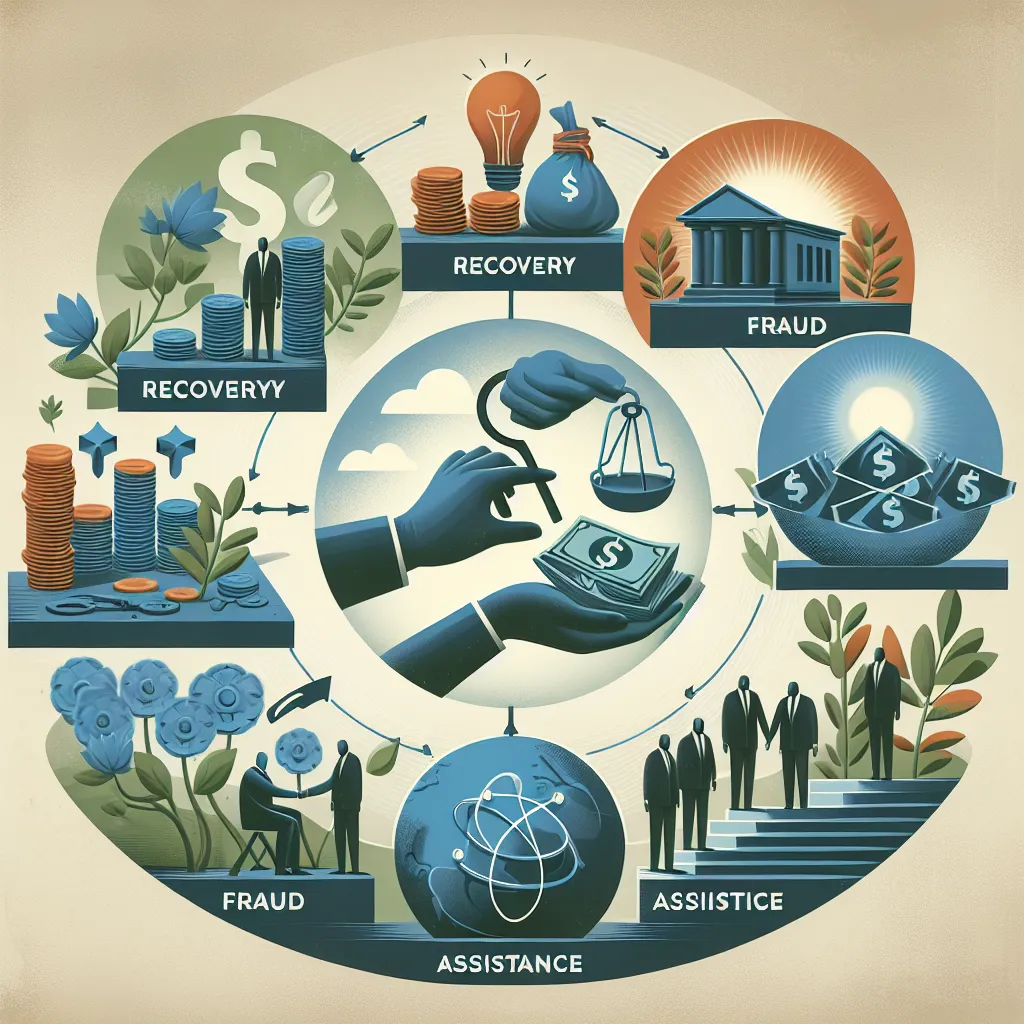Ask AI on The Internet
Question: Could it be that a hacker was able to retrieve a phone call and replay it again by exploiting the SS7 vulnerability after about 18 years, knowing that he really did that? Could it be that he did that through advanced techniques to retrieve data from the SIM card through which the call took place? Knowing that it is a normal call and not a call from an application
The scenario you suggest is technically possible, but it's extremely unlikely, particularly from a logistics and legal point of view. Firstly, the Signaling System 7 (SS7) vulnerability does indeed allow hackers who have access to the SS7 network to monitor phone calls, text messages, and even track the phone's location. However, SS7 is a protocol used by telecom companies to route phone calls and texts between networks, so gaining access to this would be a significant undertaking that involves a high degree of technical skill and resources and is illegal. Additionally, calls are not typically stored on SIM cards. SIM cards typically contained user identification data, contact lists, and some network info, but not detailed call recordings. As for retrieving a call that was made 18 years ago, telecom companies do have access to past call and text records, but the duration for keeping such records differs by region due to laws and regulations. Even if a hacker had gained access to these records, audio of the actual calls usually isn't kept for such a long time. The scenario is theoretically possible, but it requires a very high level of knowledge and resources, not to mention it's illegal and unethical. For these reasons, while theoretically someone could do this, in reality the chances are extremely low to virtually none. Remember, the best way to prevent unauthorized access is to take precautions. Use strong, unique passwords, turn on two-factor authentication, keep devices and applications updated, and avoid suspicious links or downloading apps from untrusted sources.
A new large language model has been made available since this question was asked.
To generate an updated answer from the new model, click the button below.
Think your answer is better than the AI's? Post it below.
Other Most Relevant Posts:
 Unveiling the Past: A Hacker's Time-Defying Feat of Intercepting a Decades-Old Phone Call Using SS7 Vulnerability
Unveiling the Past: A Hacker's Time-Defying Feat of Intercepting a Decades-Old Phone Call Using SS7 Vulnerability
Question Tags
If you want your question answered by an AI, click here.






Post your own comment: